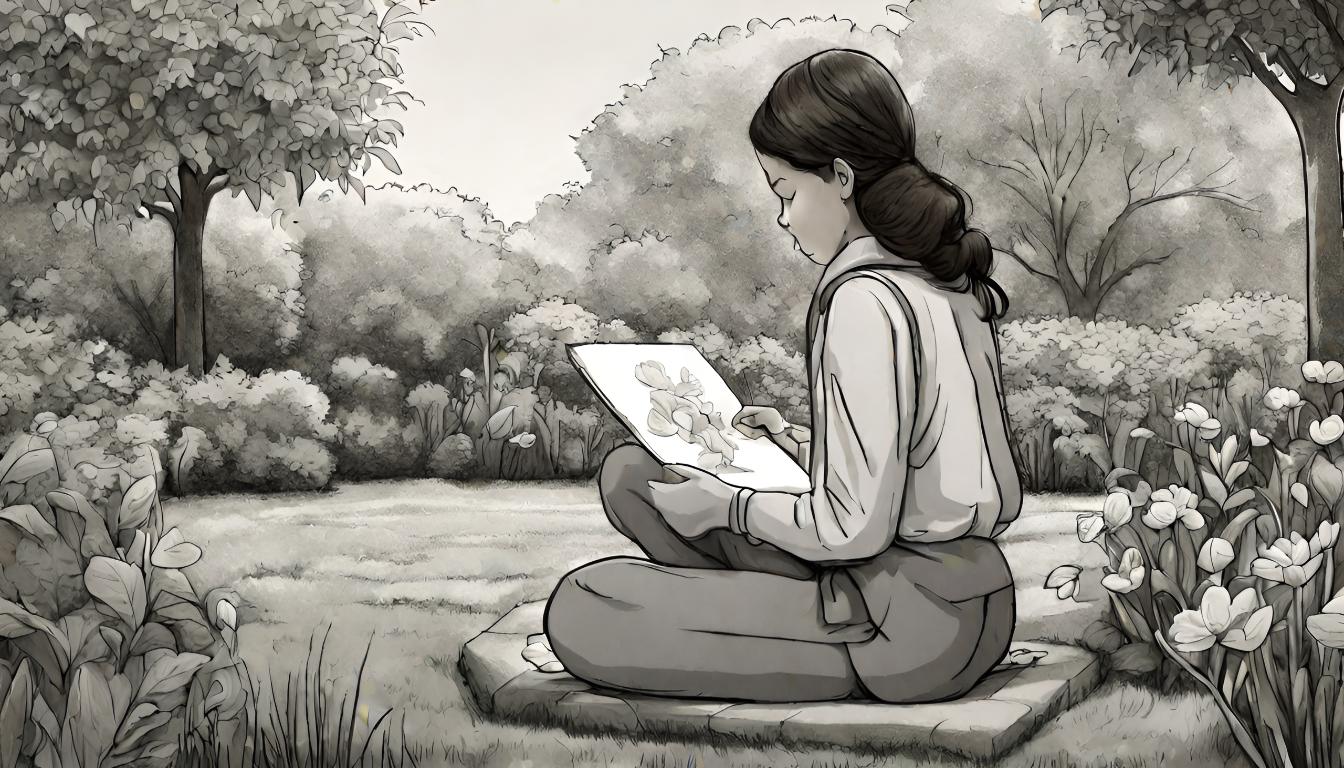 In today's fast-paced world, where distractions abound and stress levels soar, the practice of mindfulness offers a refuge of calm and clarity amidst the chaos. By cultivating present moment awareness and non-judgmental acceptance, mindfulness empowers us to navigate life's challenges with grace and resilience, fostering greater well-being and happiness in the process. From reducing stress and anxiety to enhancing focus and emotional regulation, the benefits of mindfulness extend far beyond the meditation cushion, shaping our perceptions and experiences in profound ways.
In today's fast-paced world, where distractions abound and stress levels soar, the practice of mindfulness offers a refuge of calm and clarity amidst the chaos. By cultivating present moment awareness and non-judgmental acceptance, mindfulness empowers us to navigate life's challenges with grace and resilience, fostering greater well-being and happiness in the process. From reducing stress and anxiety to enhancing focus and emotional regulation, the benefits of mindfulness extend far beyond the meditation cushion, shaping our perceptions and experiences in profound ways.
 At its core, mindfulness involves paying attention to the present moment with openness, curiosity, and acceptance. It is about tuning into our thoughts, feelings, and sensations without judgment or attachment, allowing us to fully experience life as it unfolds. By bringing awareness to our thoughts and emotions, we can cultivate greater self-awareness and insight, freeing ourselves from habitual patterns of reactivity and unconscious living.
At its core, mindfulness involves paying attention to the present moment with openness, curiosity, and acceptance. It is about tuning into our thoughts, feelings, and sensations without judgment or attachment, allowing us to fully experience life as it unfolds. By bringing awareness to our thoughts and emotions, we can cultivate greater self-awareness and insight, freeing ourselves from habitual patterns of reactivity and unconscious living.
One of the primary benefits of mindfulness is its ability to reduce stress and promote emotional well-being. Research has shown that regular mindfulness practice can lower levels of cortisol, the body's primary stress hormone, while promoting feelings of relaxation and calm. By learning to observe our thoughts and emotions with detachment, we can break free from the cycle of rumination and worry, finding refuge in the present moment and cultivating a greater sense of inner peace.
 Moreover, mindfulness has been shown to enhance cognitive functioning and improve focus and concentration. By training our minds to stay anchored in the present moment, we can overcome distractions and increase our capacity to sustain attention on tasks and activities. This heightened state of awareness not only improves productivity and performance but also fosters a deeper connection with our surroundings and experiences.
Moreover, mindfulness has been shown to enhance cognitive functioning and improve focus and concentration. By training our minds to stay anchored in the present moment, we can overcome distractions and increase our capacity to sustain attention on tasks and activities. This heightened state of awareness not only improves productivity and performance but also fosters a deeper connection with our surroundings and experiences.
Furthermore, mindfulness cultivates greater emotional intelligence and resilience in the face of life's challenges. By learning to observe our emotions without judgment, we can develop greater self-regulation and respond to difficult situations with clarity and composure. Mindfulness also fosters empathy and compassion towards ourselves and others, strengthening our relationships and promoting a greater sense of connection and belonging.
In addition to its individual benefits, mindfulness has the power to create positive change on a broader scale. When we cultivate present moment awareness and compassion in our own lives, we become agents of healing and transformation in our families, communities, and the world at large. By embodying the qualities of mindfulness – presence, compassion, and non-judgment – we can inspire others to do the same, creating a ripple effect of positivity and well-being that extends far beyond ourselves.
In conclusion, mindfulness is not merely a passive state of relaxation; it is a transformative practice that has the power to enrich every aspect of our lives. By embracing present moment awareness and cultivating compassion and acceptance, we can find refuge in the midst of life's storms and uncover the peace and contentment that reside within us. Let us commit ourselves to the practice of mindfulness, knowing that by doing so, we can create a world of greater peace, happiness, and well-being for all.